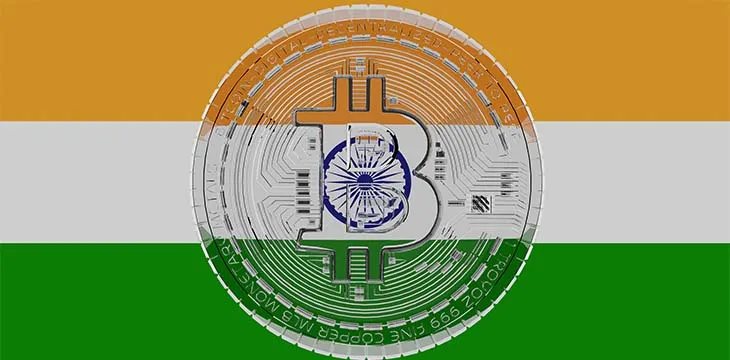|
Getting your Trinity Audio player ready...
|
India’s Ministry of Finance budget provision for the implementation of digital currency taxation, particularly the 1% tax deductible at source (TDS), has been causing some confusion in the industry. As the TDS provision is set to be enforced from July 1, the government has issued a set of guidelines to clarify the law this week.
The circular published by the Central Board of Direct Taxes (CBDT) amends section 194S of Income Tax rules to specify how firms and individuals should comply with the law. The reporting format for the TDS is also spelled out.
Under the new rules, exchanges and brokers will have to deduct the tax from buyers of digital assets. These deducted taxes must be paid to the central government within 30 days from the end of the month in which they were made.
The exchanges are also expected to issue a TDS certificate to buyers of digital assets within 15 days of the due date to report taxes to the government. Buyers can use the TDS certificate to claim tax refunds from the government.
In peer-to-peer transactions, the seller is expected to deduct the TDS for remittance to the government. This is in line with the Income Tax office’s aim of introducing the TDS rule, which is to collect tax from the very source of income.
The document also specifies that TDS payment must be ensured even if the purchase of the digital assets is made in kind. The rules, however, exempt specified individuals who are not subject to a tax audit, such as in the case of members of the Hindu Undivided Family (HUF). No TDS is also applicable if the consideration does not exceed Rs 50,000 ($640) during the financial year.
India’s digital currency taxation good for the industry
Despite coming into force on July 1, the filing requirement will apply from April transactions. Meanwhile, the industry expects a broader set of guidelines on the tax regime in the form of a Frequently Asked Questions (FAQ) document according to the CBDT.
Industry players are already complying with the 30% income tax and have shown readiness to implement the TDS rule while calling for more clarity. In a blog post, Indian digital currency exchange CoinCDX laid out how it would be implementing the TDS rules.
According to a CNBC report, many digital currency industry players in India consider the introduction of the tax regime in India to be a positive sign for the market in the long term.
Watch: The BSV Global Blockchain Convention panel, Blockchain in Middle East & South Asia
https://www.youtube.com/watch?v=RzSCrXf1Ywc&t=11677s

 07-15-2025
07-15-2025 





